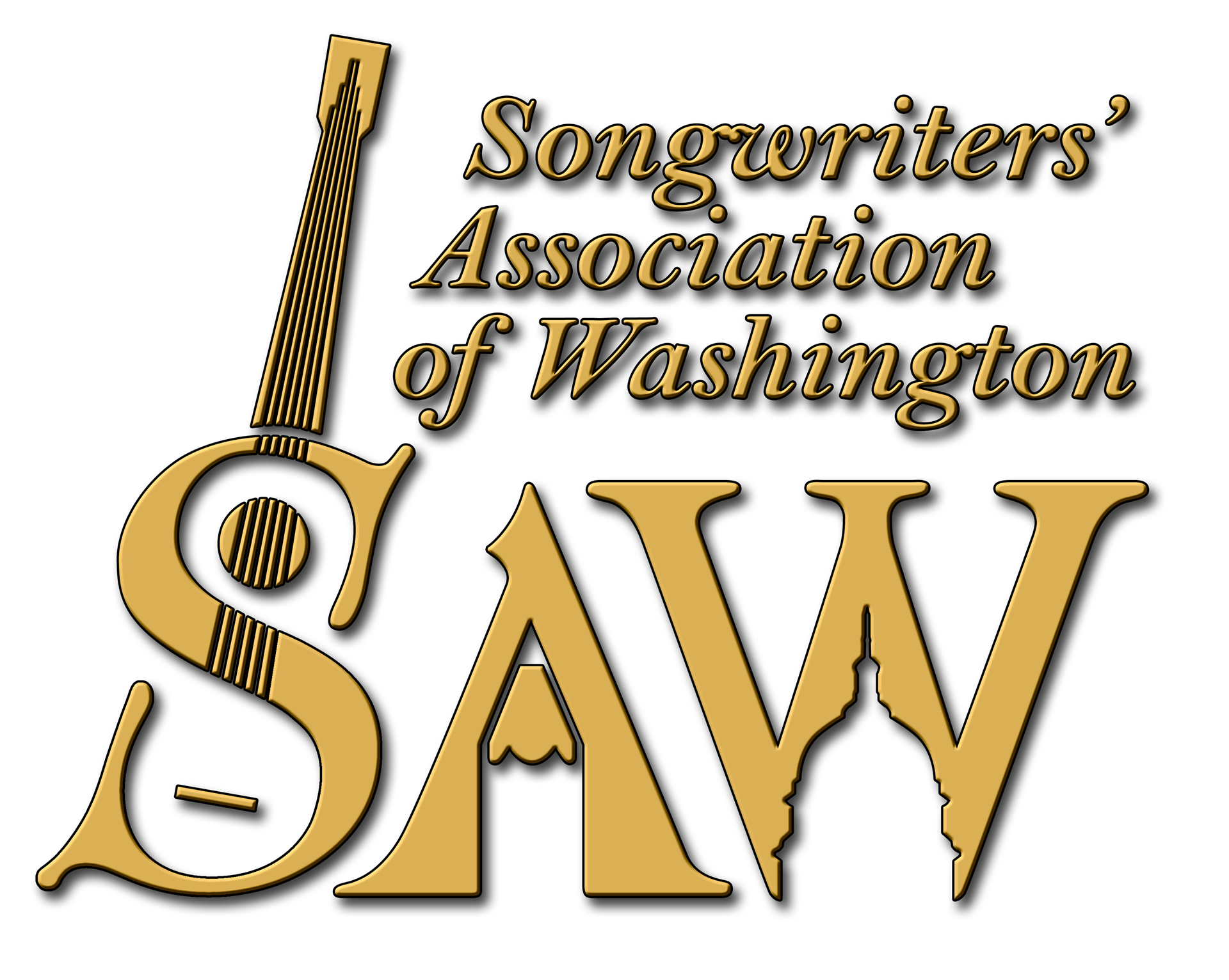(In Part I, songwriter Jon Carroll introduced his analysis of Lou Reed's "Dirty Blvd.")
Now with some notes, just for fun:
(And it need not be said that these thoughts, interpretations and suppositions are this writer’s alone. It’s perilous to “analyze” songwriting. Most writer don’t enjoy doing it to their own work, and I apologize if the reader is repelled by this overstep. On the other hand, step off…it’s just a song, a really good song.
Dirty Blvd.
(Lou Reed)
Pedro lives out of the Wilshire Hotel
He looks out a window without glass
(The stage is economically set within 5 seconds with these first two lines.Taken literally: abject poverty. Figuratively, it might suggest there is no lens or protective layer of shelter between outside and in: One reality. Pedro doesn’t live IN the Wilshire (“will share?”) Hotel, he lives out of it.
The walls are made of cardboard, newspapers on his feet
His father beats him 'cause he's too tired to beg
(Further establishing the environment as deprived, abusive, flimsy to the point of ephemera)
He's got 9 brothers and sisters--they're brought up on their knees
It's hard to run when a coat hanger beats you on the thighs
(The “begging” is reiterated as we learn there are many others there, and they are “brought up on their knees”, raised to believe that they are lower and worth less than most)
Pedro dreams of being older and killing the old man
but that's a slim chance he's going to the boulevard
(Back to Pedro, he dreams. To wit, his pathetic visionary aspiration is to one day murder his parent. And our credibly world-wise narrator dryly and jarringly dashes even that demented hope as futile, pointing out that Plan A is sadly:
He's going to end up, on the dirty boulevard
He's going out, to the dirty boulevard
He's going down, to the dirty boulevard
(The signifiers here are quick and potent: “end up”, “going out”, “going down”)
This room cost 2,000 dollars a month, you can believe it man, it's true
Somewhere a landlord's laughing till he wets his pants
(Reed introduces what will be a recurring device here and elsewhere throughout the album, using defecation as a handy expression of a total lack of dignity and respect.)
No one here dreams of being a doctor or a lawyer or anything
They dream of dealing on the dirty boulevard
(Here again is the insistent mention of “dreams”, a term for aspirations, but now they lead irrevocably back to the “dirty boulevard”, perhaps as Robert Frost’s After Apple Picking refers to the hauntingly perseverating images which cannot be dispelled by an exhausted laborer at the end of a long day)
Give me your hungry, your tired your poor I'll piss on 'em
That's what the Statue of Bigotry says
Your poor huddled masses, let's club 'em to death
and get it over with and just dump 'em on the boulevard
(Boldly animating--then desecratingundefinedthe Lady in the Harbor, taking four lines to further dehumanize the immigrants to so much rodential detritus thereby conflating to national policy the landlord “laughing while he wets”)
Get ‘em out, on the dirty boulevard
Going out, to the dirty boulevard
He's going down, on the dirty boulevard
Going out
(Now we are introduced to the third act which offers some specificity to the job descriptions on the boulevard. “Going out” is a streetwalker’s standard pitch, while “going down” is often at offer)
Outside it's a bright night, there's an opera at Lincoln Center
Movie stars arrive by limousine
(We stay “out”, outside Pedro’s world, and the privileged and well-heeled are antithetically busy in theirs. Their night is “bright”, although Lou slyly and seductively reforms the word “limousine” into the name of a drug like “mescaline” or “Dexedrine”. Just as this listener is thinking this, the following lines affirm the theme):
The klieg lights shoot up over the skyline of Manhattan
But the lights are out on the mean streets
(No explanation required.)
A small kid stands by the Lincoln Tunnel
He's selling plastic roses for a buck
(I discovered that The Robert Frost poem alludes to “stem end and blossom end” as well as other salient images and themes that correspond not too remotely.)
The traffic's backed up to 39th street
The TV Whores are calling the Cops out for a Suck
(A vivid scene,with metaphors for those who are looking. Economical phrasing right down to numbers and acronyms.)
And back at the Wilshire, Pedro sits there dreaming
He's found a book on Magic in a garbage can
He looks at the pictures and stares at the cracked ceiling
"At the count of 3" he says, "I hope I can disappear"
(The “cracked ceiling”: figurative, literal with multiplied metaphoric weight and now, after all, Pedro’s dream and hope, is to disappear…)
And fly fly away, from this dirty boulevard
I want to fly, from dirty boulevard
I want to fly, from the dirty boulevard
I want to fly, fly, fly, fly, from the dirty boulevard
I want to fly away
I want to fly
(The Doo-Wop style backsing –remember the doot da doot in Walk On The Wild Side--function as Greek Chorus and Uriah Heep, ushering the listener, and Pedro to whatever comes next. Another voice (a grown man) assumes Pedro’s persona with the vociferous desire: “I wanna fly”)
This song is a wonderful example of how a simple, thoughtfully considered lyric can achieve amazing and transporting results.
ManyThanks, Lou.
~JC
